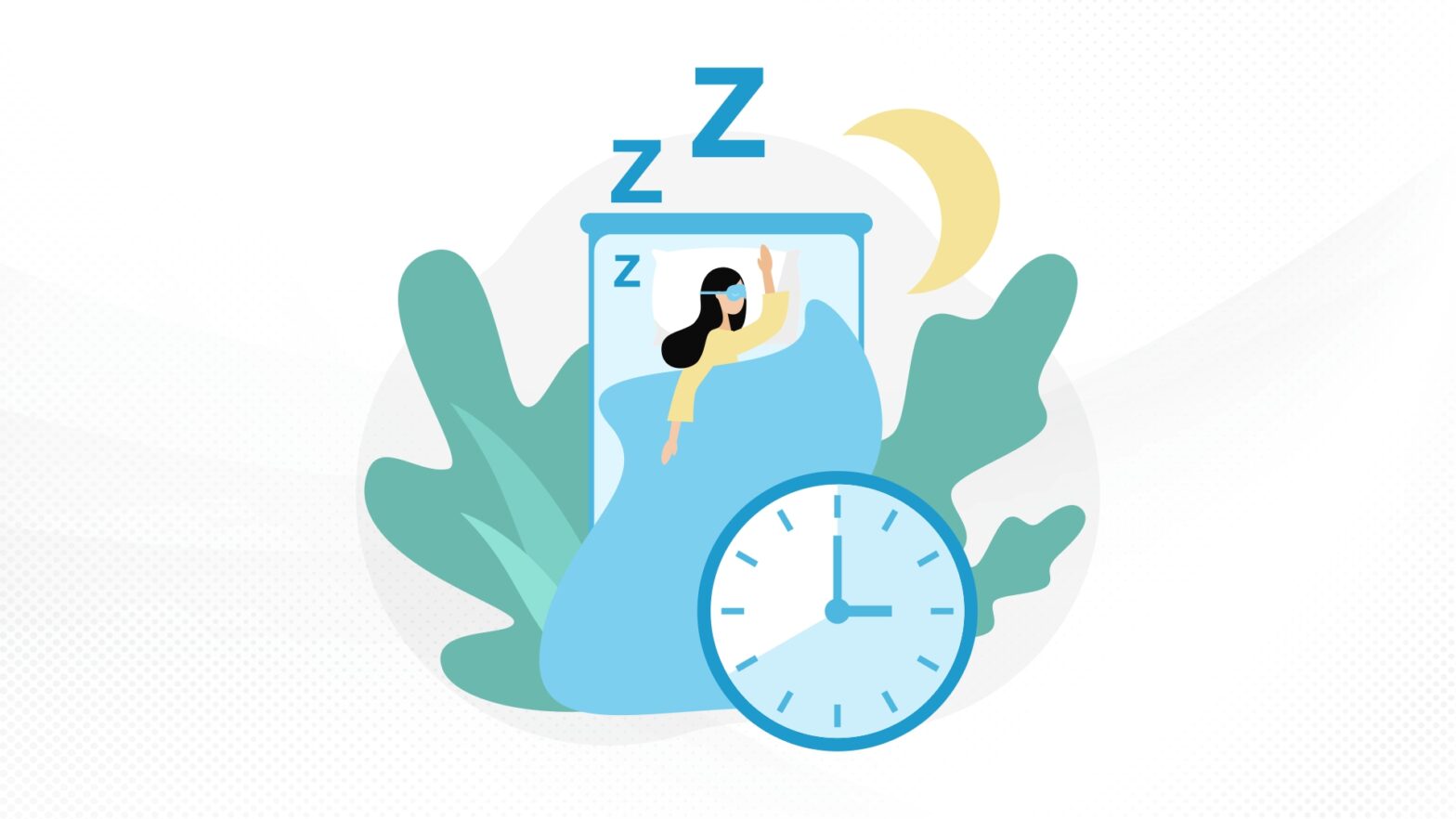
Sleep is vital to our overall wellbeing at the mental and physical level. Hence, disrupting it when we move our clocks forward even by an hour can affect us if not handled well. Around 70 countries follow the concept of Daylight Savings Time or DST.
DST ensures longer evenings due to ample sunshine and is beneficial for the economy. It usually comes into effect during the summer, spring and autumn seasons between March to November. The clock is set an hour forward on a Sunday in March at the beginning and an hour backwards on a Sunday in November at the end.
Indians who work for US, European and Australian time zones across different professions would have experienced change in work timings during DST. They would login an hour later than their usual time. Hence, they log out later and experience changes in their circadian rhythm.
The human body has circadian rhythms that regulate its sleep-wake cycle. So, this circadian rhythm gets affected when the clocks move forward by even an hour.
Apart from losing sleep you’ll feel tired and exhausted, may experience mood swings, daytime drowsiness, inability to concentrate and could also risk accidents. Also, this transition period can aggravate sleep disorders, if any. Hence, it’s important that you make this transition smooth and gradual.
It isn’t easy for your body to transition quickly when the clocks move forward by an hour. It’s just like travelling from one timezone to the other. So, you take it one step at a time.
To begin with, you can start sleeping 20 minutes earlier than usual and wake up three days prior to the clock moving. This will give your body a good time to prepare for the transition. Hence, it will minimally impact your circadian rhythm.
1. Outdoor walks: Make sure your body gets enough natural sunlight so that melatonin (sleep-inducing hormone) production is at bare minimum during the day. Also, keep the windows or at least the curtains open to allow plenty of light into the house.
2. Gadgets: Avoid using your gadgets at least an hour before bed. Ideally, reduce your dependence on devices that emit blue light as they keep you awake and suppress melatonin production at night.
3. Caffeine usage: Whether it’s tea/coffee or even soft drinks containing caffeine, ideally reduce its usage and make it nil after 3 / 4 pm.
4. Bedroom environment: At night, ensure that your bedroom is dark, cool and insulated against external sounds. So, you can also consider blackout curtains to reduce the impact of longer evenings during this period. Also, importantly, invest in a comfortable mattress and pillow to aid your beauty sleep.
5. Consistent schedule: Stick to a regular sleep-wake cycle to maintain a stable circadian rhythm. It’ll also ensure more refreshed mornings.
Therefore, your sleep gets affected when setting the clocks forward by an hour. But good sleep hygiene practices can fix it within less than a week.
Sleep Therapeutics is the first niche sleep centre in Telangana and Andhra Pradesh. If you face sleep issues, do remember us.